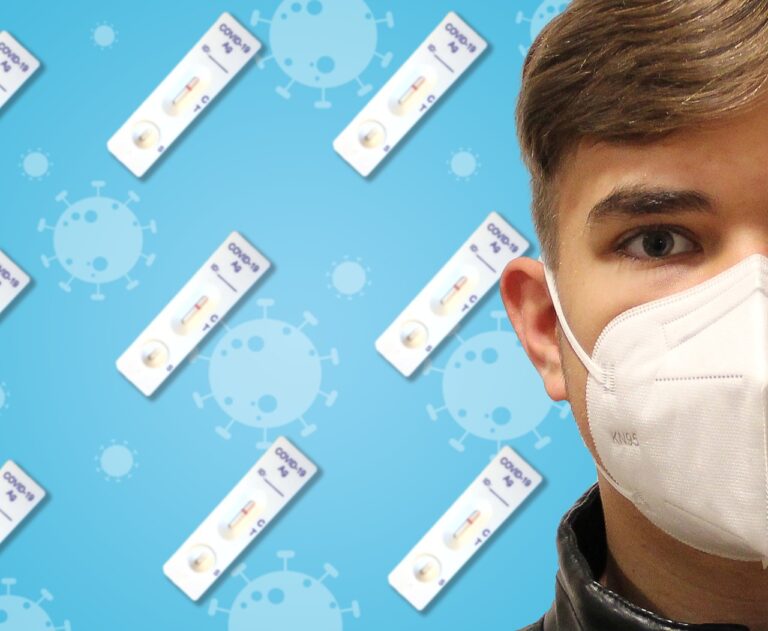Transition Services for Students with Autism Spectrum Disorder (ASD): Preparing for Adulthood
betbhai9.com whatsapp number, radhe exchange id, lotus365 login: Transition Services for Students with Autism Spectrum Disorder (ASD): Preparing for Adulthood
Transitioning from high school to adulthood can be a daunting task for any student. But for those with Autism Spectrum Disorder (ASD), the process can be even more challenging. This is why it is crucial to have a plan in place to help these individuals navigate the transition successfully. In this article, we will explore the importance of transition services for students with ASD and provide tips on how to prepare them for adulthood.
Understanding the Importance of Transition Services
Transition services are a set of coordinated activities designed to help students with disabilities move from the school setting to post-school life. These services are individualized and aim to prepare students for further education, employment, and independent living. For students with ASD, transition services play a crucial role in helping them develop the skills they need to thrive as adults.
One of the key objectives of transition services for students with ASD is to foster independence. By teaching these students essential life skills such as communication, social interaction, organization, and self-advocacy, transition services help prepare them for the challenges they may face in adulthood. Additionally, these services focus on vocational training and job readiness, ensuring that students with ASD are equipped to enter the workforce and achieve their career goals.
Tips for Preparing Students with ASD for Adulthood
1. Start Early: It is essential to begin preparing students with ASD for adulthood as early as possible. By developing a transition plan during high school, educators and parents can give these individuals the time and support they need to acquire the necessary skills for independence.
2. Individualized Education Program (IEP) Goals: When creating IEP goals for students with ASD, it is crucial to focus on developing skills that will be useful in adulthood. These goals should be tailored to the individual needs and strengths of each student, ensuring that they are well-prepared for life after high school.
3. Work Experience: Providing students with ASD opportunities for work experience and job training can help them develop essential vocational skills. Internships, part-time jobs, and volunteer work are excellent ways for students to gain real-world experience and explore their interests.
4. Social Skills Training: Social interaction can be challenging for individuals with ASD, making it crucial to provide opportunities for social skills training. By teaching these students how to communicate effectively, make friends, and navigate social situations, transition services can help them build meaningful relationships in adulthood.
5. Independent Living Skills: Teaching students with ASD how to manage everyday tasks such as cooking, cleaning, and budgeting is essential for promoting independence. Transition services should focus on developing these skills to help students live independently and successfully navigate adult life.
6. Post-Secondary Education: For students with ASD who wish to pursue higher education, it is essential to provide support in the college application process. Transition services can assist students in researching programs, applying for financial aid, and accessing accommodations to ensure their success in a post-secondary setting.
In conclusion, transition services play a vital role in preparing students with Autism Spectrum Disorder for adulthood. By focusing on developing essential skills such as communication, social interaction, vocational training, and independent living, these services help students with ASD thrive in the workforce and achieve their goals. By starting early, individualizing education goals, providing work experience, emphasizing social skills training, teaching independent living skills, and supporting post-secondary education, educators and parents can help students with ASD successfully transition into adulthood.
FAQs
Q: What are Transition Services?
A: Transition services are a set of coordinated activities designed to help students with disabilities move from the school setting to post-school life. These services focus on developing essential skills for further education, employment, and independent living.
Q: When should transition planning begin for students with ASD?
A: Transition planning should begin as early as possible, typically during high school, to give students with ASD the time and support needed to develop the skills necessary for adulthood.
Q: How can IEP goals be tailored for students with ASD?
A: IEP goals for students with ASD should be individualized based on their needs and strengths, focusing on developing skills that will be useful in adulthood.
Q: What are some ways to help students with ASD develop social skills?
A: Social skills training, peer support groups, and social skills groups are effective ways to help students with ASD develop social skills and navigate social situations.
Q: How can transition services help students with ASD in post-secondary education?
A: Transition services can provide support in the college application process, assist with researching programs, applying for financial aid, and accessing accommodations to ensure success in a post-secondary setting.







